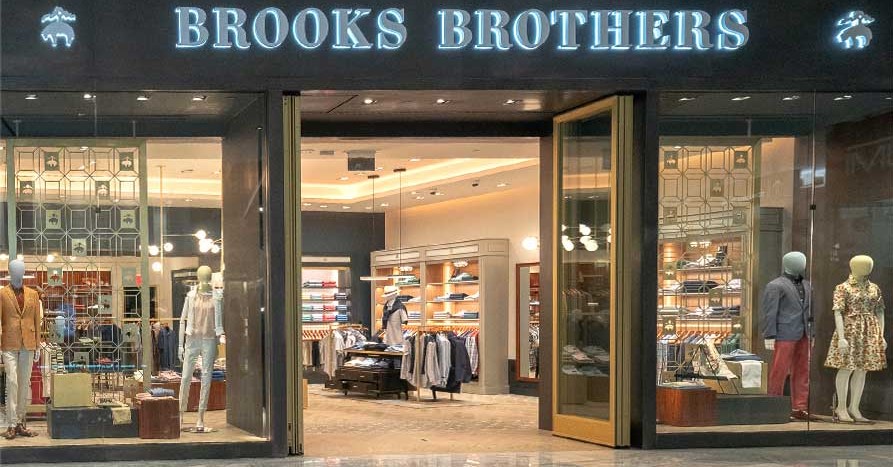Bankrupt Retailers Attract Brand Managers

With retail bankruptcies multiplying as the pandemic exacerbates what was already a shaky landscape, brand management companies are on the hunt acquisitions – whether on their own or with partners.
It’s not a new phenomenon. Authentic Brands Group acquired bankrupt Aeropostale in 2016 in a joint venture with Simon Property Group and General Growth Properties in a deal that both salvaged the stores and launched an outbound licensing effort.
But the sheer number of retailers visiting bankruptcy court, combined with an infusion of private equity into brand management companies — ABG and WHP Global each have about $1 billion in cash reserves – has upped the pace.
Buying spree
SPARC Group – a joint venture of ABG and Simon which owns Aeropostale and Nautica — last week bought Brooks Brothers (424 stores globally)and Lucky Brands (175 U.S. stores) with an eye toward licensing the brands for new retail locations and products. (In the months before the pandemic took hold, ABG and Simon had joined forces to buy Barney’s New York and Forever 21.)
Also last week, Marquee Brands – whose portfolio includes Martha Stewart and Emeril Lagasse — and partner tech firm CSC Generation bought the assets of Sur La Table with plans to keep 50 of its 120 stores.
“Many of these brands were trapped in a tough situation and in need of solid footing to grow and many had a history as strong brands” that could be revived with new funding, said Yehuda Shmidman, CEO of WHP Global, which was a bidder for Brooks Brothers.
And as the pandemic shows little sign of slowing, there’s plenty of room for further retail brand acquisitions at bargain basement prices. There are widespread reports that ABG and Sycamore Partners together are circling bankrupt Ascena Retail Group, (Ann Taylor, Loft and Justice), and a bankruptcy court judge this week ordered attorneys representing J.C. Penney to speed up its sale.
More retail bankruptcies
“We are not out of the woods as far as bankruptcies go and ABG is anticipating a lot more through the end of the year and beyond,” says an ABG spokeswoman. “This isn’t something new, and with Simon we have discovered this new way of doing things has proven to be profitable, because you have the right mix of physical and online presence.”
Simon — which has a 6.8% stake in ABG and owns 204 properties, including 106 malls, — has sought to counter the perception that it’s mostly interested in buying the retailers to keep them as viable tenants.
“If we didn’t believe in the brand and we didn’t think we could make money, we wouldn’t do it,” said Simon CEO David Simon “ABG is very good about understanding where there is value in the brand, because they know how they can monetize that intellectual property. Obviously, we have a point of view because we know what the consumer likes.”
The new business model for brand management companies is built on private equity capital – Oaktree Capital Management is an investor in WHP, ABG is paired with BlackRock LTPC and Marquee with Neuberger Berman. It’s a departure from the previous strategy where companies like publicly traded Iconix Brands Group and Sequential Brands Group assembled large brand portfolios and operated them on their own.




